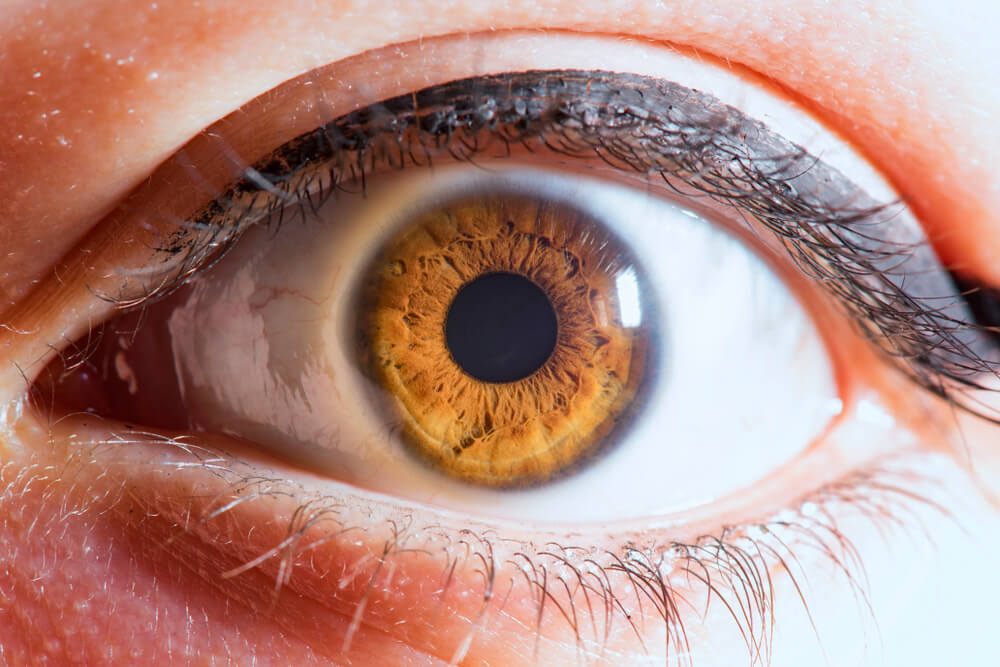Photographs of your retina can predict your risk factors for cardiovascular disease with a new system created by Artificial Intelligence (AI) researchers at Google and Verily Life Sciences. Heart disease is the leading cause of death in the world, accounting for more than 17.3 million deaths per year. This number will grow to more than 23.6 million by 2030. Looking for the signs of a heart attack can be rough, but Google might have a solution.
Related: Discover More About How L-arginine Plus® Can Support the Health of Your Heart
Can You Predict a Heart Attack?
The idea that an eye scan could provide an early warning of risks is both revolutionary and exciting.
A recent study published in the Nature Biomedical Engineering journal demonstrated that an AI algorithm created by Google AI and Verily can predict whether a person is likely to suffer a major cardiovascular event within the next five years. The researchers based these predictions solely on photos of their retinas. According to the study, their predictions work as well as present methods while being much less invasive.
Doctors often spot medical conditions including diabetes, extreme high blood pressure, high cholesterol, and some cancers during eye exams. So this new research isn’t a big surprise to many.
The Details
In their study, researchers utilized AI to identify signs of a heart attack by analyzing retina photos from 284,335 patients.
Common risk factors for heart disease include age, family history, hypertension, high cholesterol, and smoking. Based on an eye scan, the algorithm predicted a person’s age to within 3.26 years, smoking status with 71% accuracy, and blood pressure within 11 units of the upper number reported in their measurement. Because the algorithm was so effective at assessing these factors, the AI researchers decided to see how well it could predict major cardiovascular events. Using data from 150 patients that had suffered major cardiovascular events within five years of their eye scan, the algorithm predicted the correct scan 70% of the time correlating to the cardiovascular events.
The system creates heat-maps of specific areas it focuses on. In this case, the researchers paid particular attention to blood vessels to calculate blood pressure.
Overall, this new study is transforming the way scientists study the human body. In addition, it may aid in giving researchers and doctors a more complete analysis of a person’s overall health.
However, as promising as these results are, they are preliminary. According to Dr. Michael McConnell, the Head of Cardiovascular Health Innovations at Verily, we have a long way to go.
Learn more here: https://www.businessinsider.com/google-verily-predicts-cardiovascular-disease-with-eye-scans-2018-2

